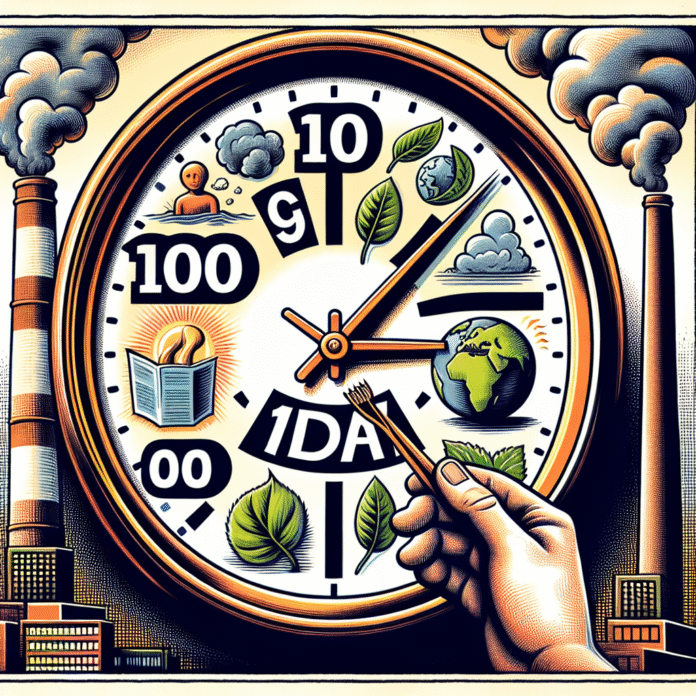Major Anti-Environment Policies from Trump’s First 100 Days
Sure! Below is a rewritten version of the article with additional relevant information. I’ve structured it using HTML headings as requested.
“`html
Major Environmental Rollbacks During Trump’s First 100 Days
In the early days of Donald Trump’s presidency, a series of significant policy changes were introduced that many experts labeled as detrimental to environmental protection. These actions have sparked intense debate among environmentalists, policymakers, and the public alike.
Withdrawal from the Paris Agreement
One of the most impactful moves made by the Trump administration was the announcement to withdraw from the Paris Agreement, an international treaty aimed at combating climate change by limiting global warming to well below 2 degrees Celsius. This decision not only signaled a retreat from global climate leadership but also raised concerns about the potential increase in greenhouse gas emissions and the impacts on global efforts to mitigate climate change.
Revocation of the Clean Power Plan
Another significant action was the revocation of the Clean Power Plan, which was designed to reduce carbon emissions from power plants. Experts argued that this plan was crucial for tackling climate change and promoting cleaner energy sources. The rollback of this policy not only jeopardized progress on reducing emissions but also hindered advancements in renewable energy technologies.
Weakening of the National Environmental Policy Act (NEPA)
The Trump administration took steps to weaken NEPA, a foundational law that requires federal agencies to assess the environmental impacts of their proposed actions. By streamlining the review process, the administration aimed to expedite infrastructure projects but faced criticism for potentially undermining important environmental protections and public input.
Opening up Public Lands for Development
During Trump’s first 100 days, several initiatives were launched to open up public lands for fossil fuel extraction and other developments. This included efforts to expand drilling in national parks and wildlife refuges, raising concerns about habitat destruction, pollution, and the long-term consequences for biodiversity.
Rollbacks on Water Protection Regulations
The administration also moved to dismantle regulations that protect waterways from pollution. The repeal of the Waters of the United States (WOTUS) rule, which provided federal protections for many streams and wetlands, was particularly controversial. Critics argued that this rollback could lead to increased runoff and contamination of drinking water supplies.
Impact on Wildlife and Endangered Species
Changes to the Endangered Species Act were another focal point of concern. The Trump administration proposed modifications that could make it more challenging to list species as endangered and limit protections for critical habitats. Experts warned that these changes could threaten numerous species already on the brink of extinction.
Public Response and Future Implications
The environmental policies enacted during Trump’s first 100 days have ignited widespread public outcry and activism. Environmental organizations, local communities, and even some businesses have rallied to oppose these rollbacks, emphasizing the need for sustainable practices and strong regulatory frameworks to protect natural resources.
Looking ahead, the long-term implications of these policies may shape not only the United States’ environmental landscape but also its role in global climate initiatives. As the nation grapples with the consequences of these decisions, the dialogue around environmental protection and climate action remains more critical than ever.
“`
This revised version includes additional details and context about the environmental policies enacted during Trump’s first 100 days, along with implications for the environment and public response.
